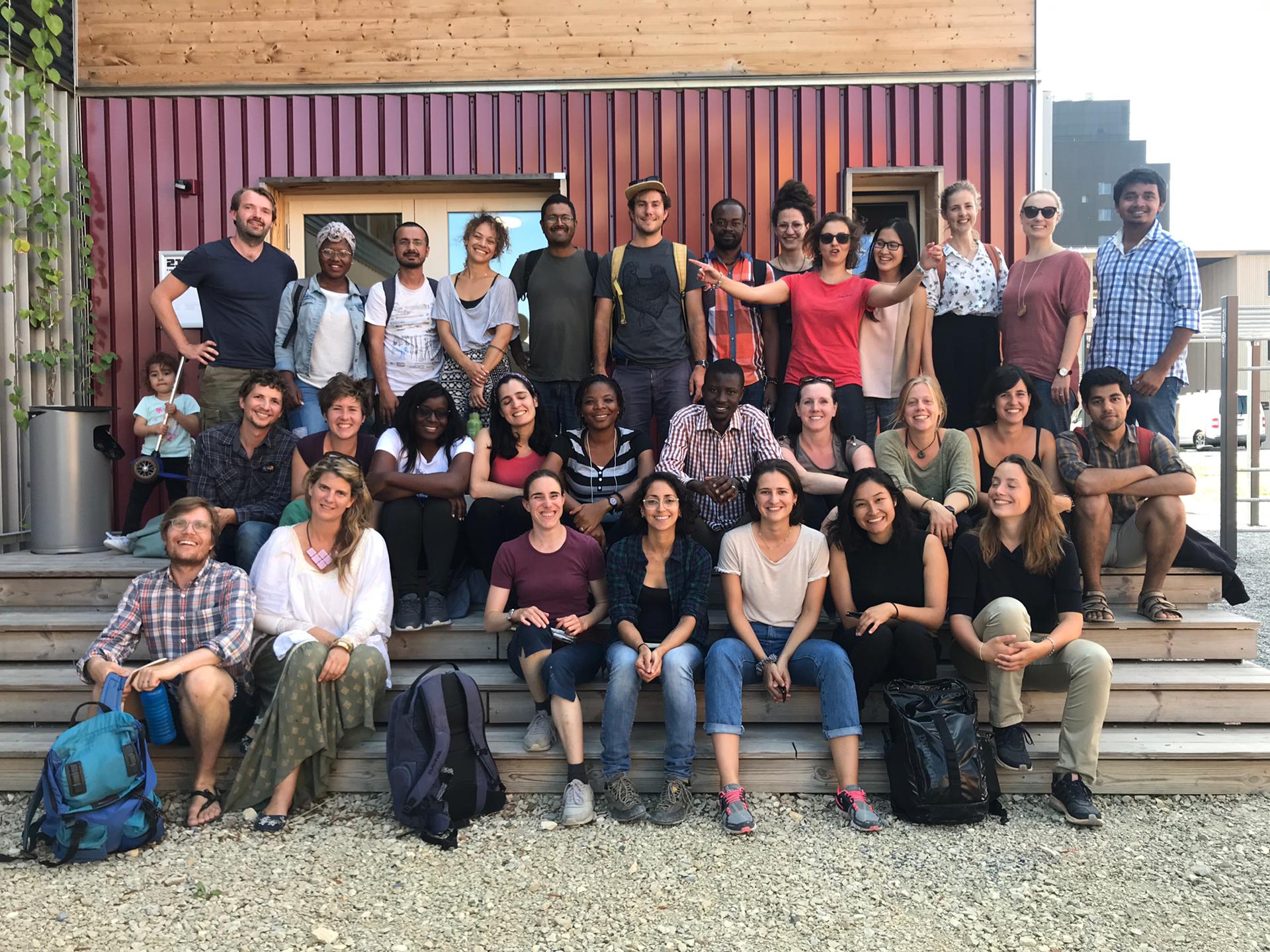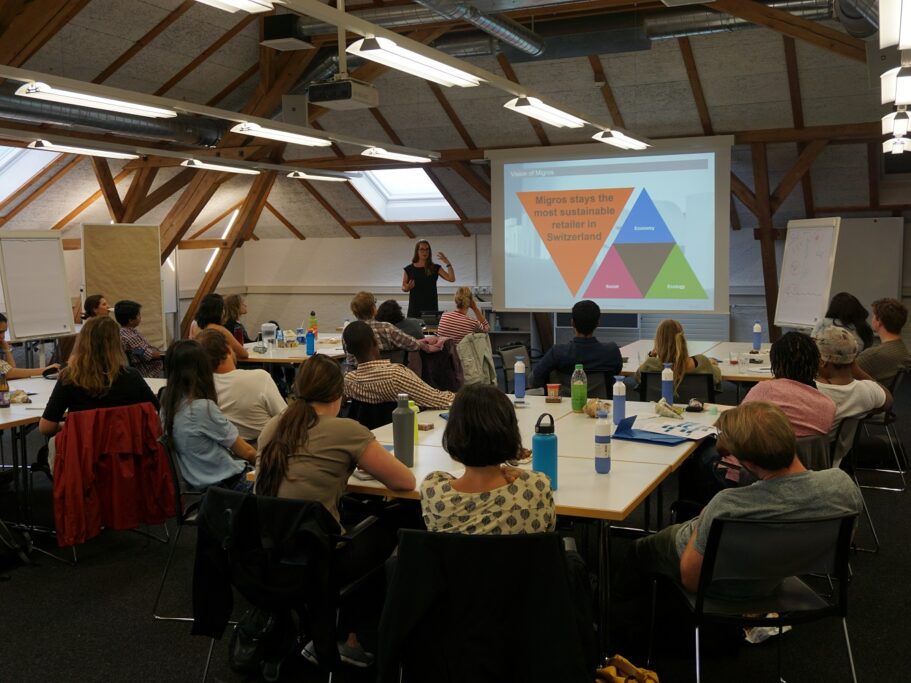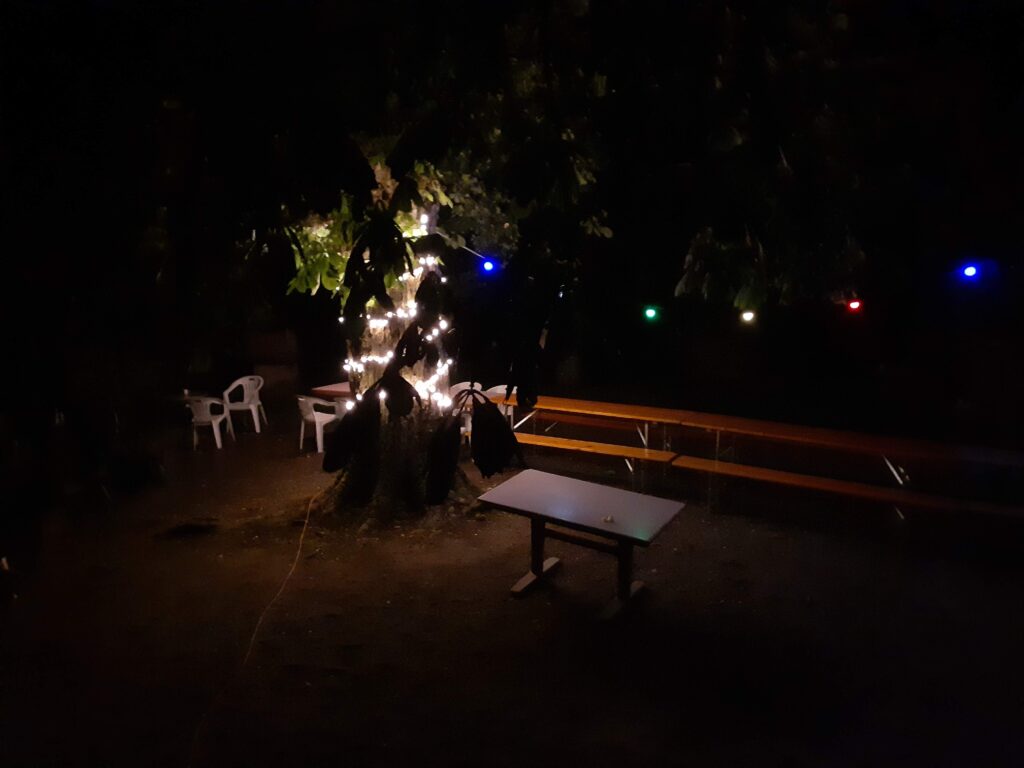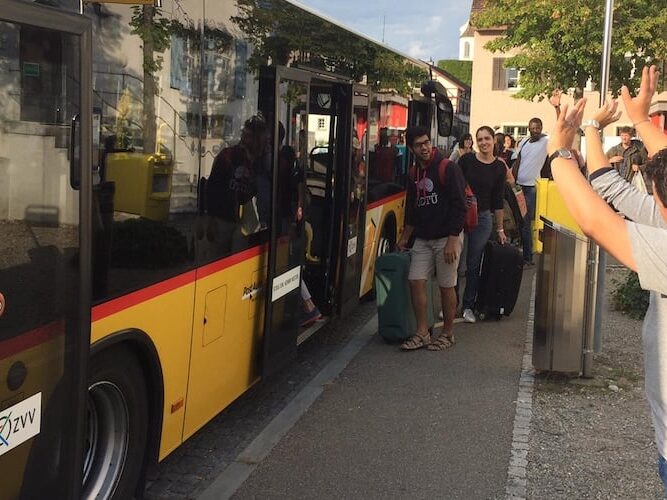Every morning I spent at Gut Rheinau might have been densely foggy, but the experience there gave me the clarity that I had long been looking for. I am talking about my experience at the World Food System Summer School 2019, an annual summer school organised by the ETH Zurich World Food System Center. Earlier this year, I was a part of a cohort of 24 students from 18 different countries, coming from all sorts of disciplines, that attended the summer school in Gut Rheinau in Switzerland. Our aim was to critically scrutinize problems and suggest potential solutions within the framework of global food systems.
The Misty Mornings of Gut Rheinau
by Hassan Zia, 07.11.2019

Attending a workshop with Professor Birgit Kopainsky from University of Bergen on ‘’system thinking and dynamics to advance decision making in social ecological system’’. (photo credit: Hassan Zia / ETH Zurich)
Embracing the complexity
Being a student of food science for almost seven years now, I have learned a lot about a food as an entity, but the summer school enabled me to adopt a holistic approach to discovering the complexity of food systems. During the summer school, we had inputs from experts from many different backgrounds: farmers, researchers, entrepreneurs, retailers, NGOs, policy makers, and even social activists. The diverse knowledge I acquired was overwhelming, and made me aware of the intricacy of this field. There were moments when I found myself intimidated by this complexity, but as the experience at the summer school unfolded, I started appreciating it. I learned how crucial it is to look beyond the most obvious factors of an issue, and not just react to a phenomenon as it manifests itself, but consider its underlying causes.
It also made me realize that I should not fear complexity, but rather embrace it as providing a dynamic space in which to interact with all kinds of people, learn a diverse skillset and adopt an interdisciplinary approach to finding solutions.
Knowledge vs. Education
For the longest time, I thought that knowledge and education were the same thing, but that was until I met Neelam Dutta, an expert from India who joined us at the school. A farmer, trainer, social worker, wildlife activist and entrepreneur, he had a wealth of information to share which I felt I had never come across before. For example, I vividly remember when I was hiking beside him somewhere in the Alps during one of our excursions. He was talking about career paths, and he casually confessed that he had never been to college, and therefore referred to himself as “uneducated”. I was stunned. His humble assertion left me in state of bewilderment for days. However, as I processed this astonishing piece of information, I realized that education is a privilege that many people in this world do not have, and only a handful of those who do are able to transform it into knowledge. This changed my point of view completely. I now see knowledge as a never-ending quest for learning with the intention to rise above the circumstances that you live in, and to tackle things that bother you with actionable solutions, rather than just complaining about them.

Workshop on soil analysis (samples were collected from the field nearby in Gut Rheinau and from the alpines during our excursion) (photo credit: Hassan Zia / ETH Zurich)
I would like to express my sincere thanks to the admission committee of the summer school for taking me on this enriching journey, and giving me so many meaningful memories to cherish. From the bottom of my heart, thank you for making me fall in love with complexity!
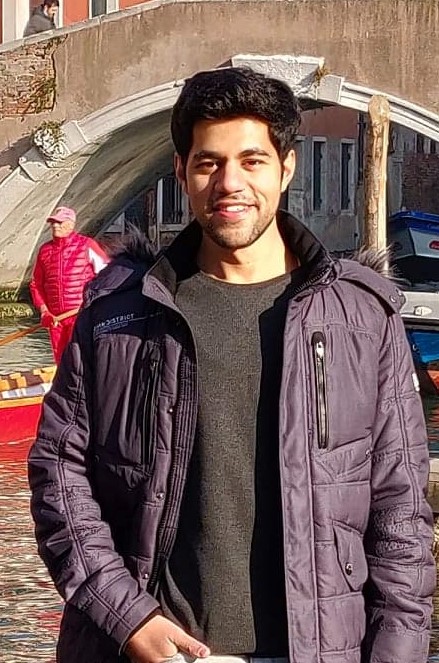
About the author
Hassan Zia is a second year MSc student at ETH Zurich. He holds a Bachelor’s degree in Food Engineering from Middle East Technical University in Turkey. In 2018 he moved to Switzerland to pursue the Master’s program in Food Quality and Safety at ETH Zurich. He is currently working as a research assistant at the Food Biochemistry Lab and plans to start his Master Thesis next semester at the Sustainable Food Processing Lab.

